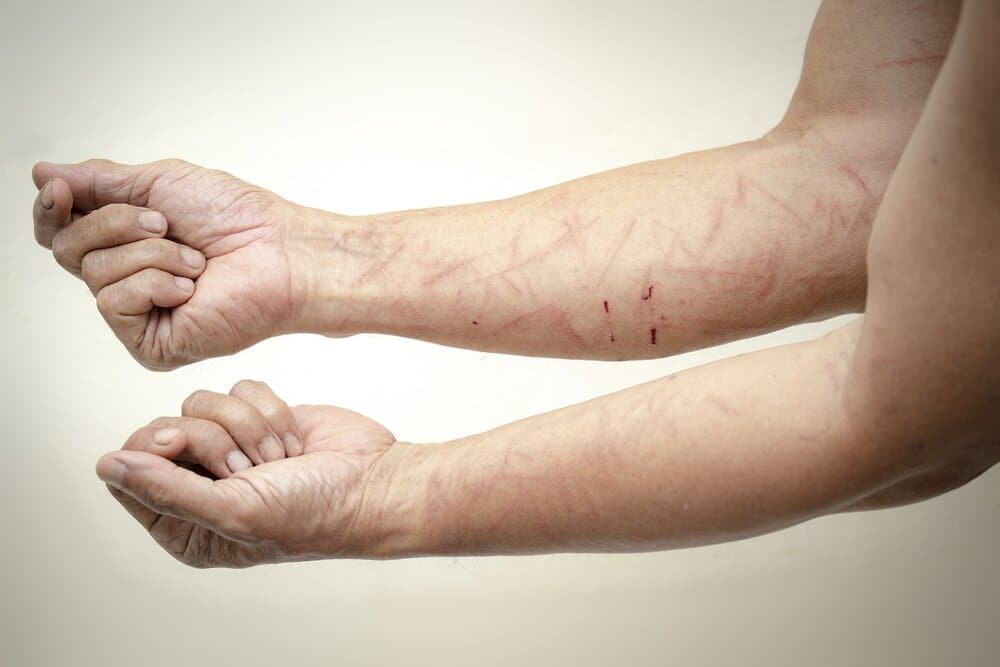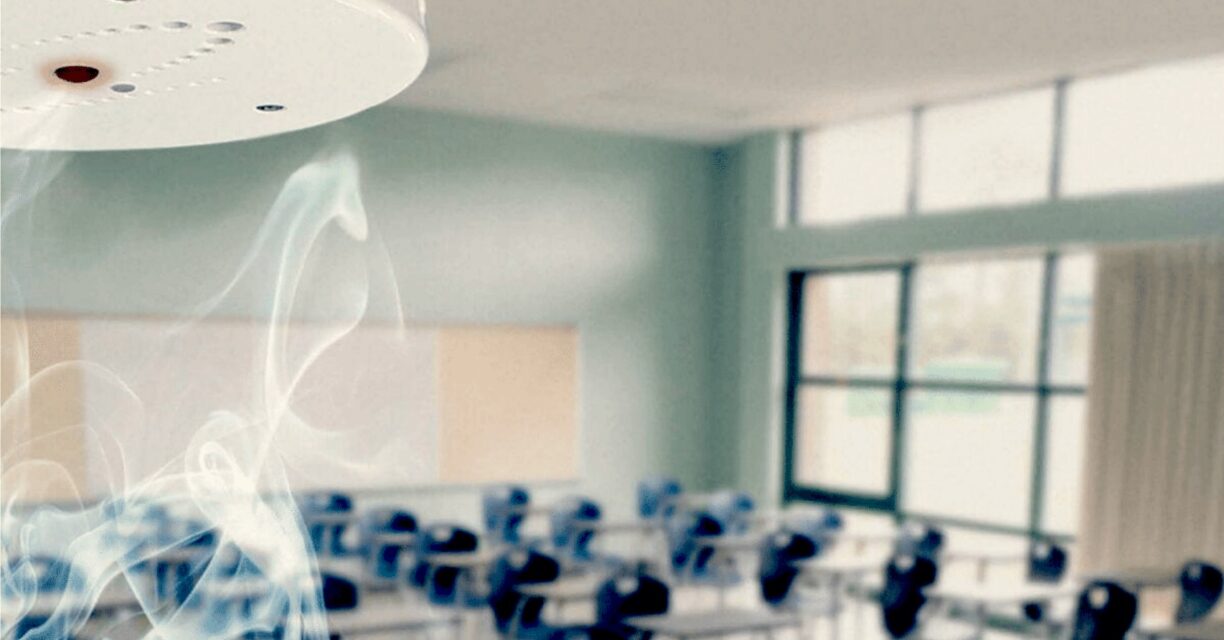March 1st is Self Injury Awareness Day, a globally recognised event which aims to remove the stigma attached to self-injury, and encourages those who are struggling to reach out and seek the help they require.
A recent survey conducted by YoungMinds has shown that more than a third of young Brits have self-harmed at some point in their lives; this is a statistic which validates and highlights the need for such an event to raise awareness and encourage open discussion around the issue.
This news comes as depression and mental health treatment specialists Smart TMS reveal nationally representative research, showcasing the stark decline in the UK’s mental health:
-
37% of Brits spend more time alone and less time with family and friends than they used to
-
1 in 4 Brits (25%) said they find themselves regularly cancelling plans more often, so they don’t have to interact with other people
-
Almost 1 in 4 (24%) find even basic functions (e.g. sleeping, showering) more difficult
-
Over half (58%) have witnessed a friend, family member or acquaintance experience a significant deterioration in mental and physical health as a result of alcohol, smoking or drug use
-
30% of Brits feel more anxious in social situations (e.g. going to the shop, interacting with people) than they used to
Following this startling research from YoungMinds and Smart TMS, Gerard Barnes, CEO of Smart TMS, discusses Self Injury Awareness Day and its importance to the UK’s mental health environment:
“It is extremely concerning to see that so many young people have self-harmed at some point in their lives and feel unable to open up about it to those closest to them. We must recognise that many people across the UK are suffering from severe mental health issues in silence, for fear that they will be harshly judged. It is therefore absolutely vital that we do our best to remove the stigma surrounding self-harm and mental health, and actively create an environment in which everyone feels comfortable and secure, so that they can receive the much-needed support from those around them.
At Smart TMS, we strongly support initiatives such as Self Injury Awareness Day, which encourage open conversation and acceptance on the subject of self-harm and mental health; if people feel comfortable enough to share their concerns, they are more likely to receive the support they need to safeguard and strengthen their mental health, and avoid an exacerbation or worsening of their mental state.”





